Search
Did you mean: Levant?
Search Results
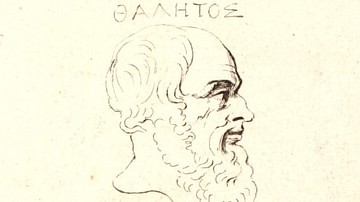
Definition
Thales of Miletus
Thales of Miletus (l. c. 585 BCE) is regarded as the first Western philosopher and mathematician. He was born and lived in Miletus, a Greek colony in Ionia (modern Turkey) referenced as the birthplace of Greek Philosophy because of his high...
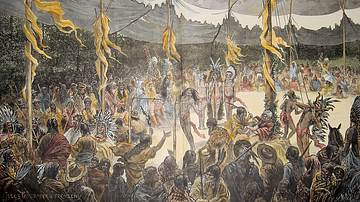
Definition
Sun Dance
The Sun Dance is a ritual ceremony observed by the Plains Indians of the regions of modern Canada and the United States to awaken the earth, renew the community, give thanks for the sun, and petition or give thanks for favors from the Great...

Definition
Ancient Persian Mythology
The mythology of ancient Persia originally developed in the region known as Greater Iran (the Caucasus, Central Asia, South Asia, and West Asia). The Persians were initially part of a migratory people who referred to themselves as Aryan...
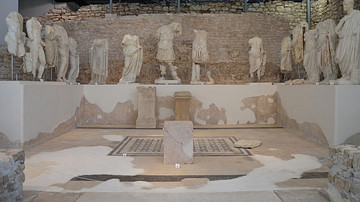
Definition
Roman Imperial Cult
The Roman imperial cult was the practice of venerating Roman emperors and their families as having divine attributes, honoring their contributions to the spread of Roman religion and culture. It was instituted by the first Roman emperor Augustus...
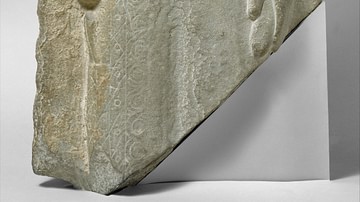
Definition
Parthian Religion
Parthian religion might be best described with two words: inclusive and evolving. As Parthia's empire held within it a variety of cultures, the Parthians wisely left each to their own beliefs and traditions, like the Seleucid Empire and the...
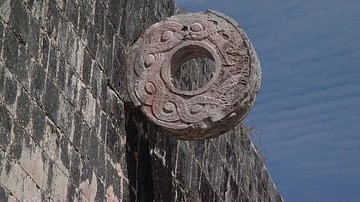
Article
The Ball Game of Mesoamerica
The sport known simply as the Ball Game was played by all the major Mesoamerican civilizations and the impressive stone courts became a feature of many cities. More than just a game, it could have a religious significance and featured in...
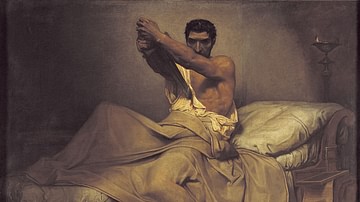
Article
The Ancient Concept of a Noble Death
The act of voluntary death was never condemned in antiquity. In fact, The English word "suicide" comes from the Latin for "self-slaying." The reason for a voluntary death had to be one that was honorable and necessary to remove any element...
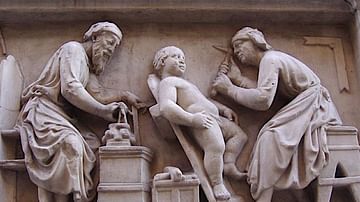
Article
Life in a Renaissance Artist's Workshop
The majority of great Renaissance works of art were produced in large and busy workshops run by a successful master artist and his team of assistants and apprentices. Here, too, more mundane art was produced in larger quantities to meet the...

Article
The Book of Jonah
The book of Jonah is the fifth book in the Christian canons and the Jewish Tanakh. It is one of 'Trei Asar' (The Twelve) prophets in the tanakh, and in Christian tradition as 'oi dodeka prophetai' or 'ton dodekapropheton' , Greek for "The...
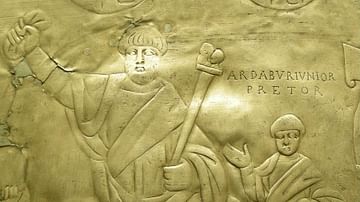
Article
The Isaurians and the End of Germanic Influence in Byzantium
Germanic influence reigned in the Roman Empire from the end of the 4th century CE through the 5th. Germanic individuals took important posts in the government and the military, and Germanic tribes penetrated ever further into lands that had...